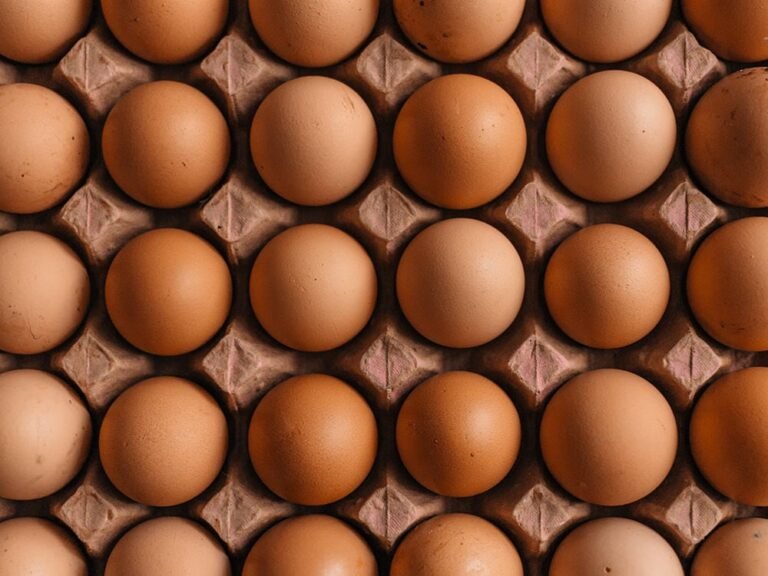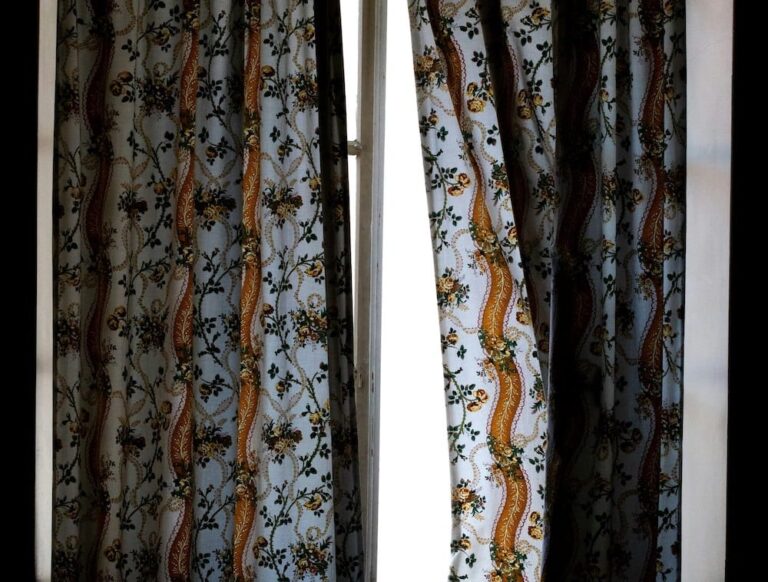mèche
The French noun “mèche” is a fascinating word with multiple meanings and uses, both literal and figurative. Understanding its various senses will enrich your French vocabulary and improve your ability to understand idiomatic expressions.
Basic meanings of “mèche”
1. Wick (of a candle or lamp)
- In its most common and literal sense, “mèche” refers to the wick of a candle or an oil lamp—the part that holds the flame.
- Example:
- J’ai allumé la mèche de la bougie pour créer une ambiance chaleureuse.
(I lit the candle’s wick to create a warm atmosphere.)
- J’ai allumé la mèche de la bougie pour créer une ambiance chaleureuse.
2. Strand of hair
- “Mèche” can also mean a strand or lock of hair, often implying a small, distinct portion of hair.
- Example:
- Elle avait une mèche blonde qui contrastait avec ses cheveux noirs.
(She had a blonde streak that contrasted with her black hair.)
- Elle avait une mèche blonde qui contrastait avec ses cheveux noirs.
3. Drill bit
- In a technical or DIY context, “mèche” refers to a drill bit, the tool used for making holes.
- Example:
- Il faut choisir une mèche adaptée à la taille de la vis.
(You need to choose a drill bit that matches the size of the screw.)
- Il faut choisir une mèche adaptée à la taille de la vis.
Idiomatic expressions with “mèche”
1. “Être de mèche avec quelqu’un”
- This expression means to be in cahoots with someone or to conspire together, often implying secrecy or complicity.
- Example:
- Ils étaient de mèche pour organiser cette farce sans que personne ne s’en aperçoive.
(They were in cahoots to organize this prank without anyone noticing.)
- Ils étaient de mèche pour organiser cette farce sans que personne ne s’en aperçoive.
2. “Avoir un coup de mèche”
- Literally meaning “to have a blow of the wick,” this phrase describes someone whose hair is styled in a deliberately casual or tousled manner.
- Example:
- Après son rendez-vous chez le coiffeur, il avait un coup de mèche parfait.
(After his appointment at the hairdresser, he had a perfectly styled look.)
- Après son rendez-vous chez le coiffeur, il avait un coup de mèche parfait.
3. “Mettre le feu aux poudres” (to set the powder alight)
- While “mèche” itself is not directly in this expression, it relates to the imagery of a fuse (“mèche”) leading to an explosion. The phrase means to provoke or escalate a situation.
- Example:
- Sa remarque sarcastique a mis le feu aux poudres pendant la réunion.
(His sarcastic remark set off a heated argument during the meeting.)
- Sa remarque sarcastique a mis le feu aux poudres pendant la réunion.
4. “Griller la mèche”
- This phrase means to reveal a secret or spoil a surprise—akin to “letting the cat out of the bag.”
- Example:
- Ne grille pas la mèche, c’est une surprise pour son anniversaire !
(Don’t spoil the surprise; it’s for his birthday!)
- Ne grille pas la mèche, c’est une surprise pour son anniversaire !
5. “Tirer à la mèche”
- This less common expression means to act lazily or to work half-heartedly.
- Example:
- Il tire à la mèche depuis des semaines et ne finit jamais son travail.
(He’s been working lazily for weeks and never finishes his tasks.)
- Il tire à la mèche depuis des semaines et ne finit jamais son travail.
Usage tips and nuances
- The gender of “mèche” is feminine, so remember to use the appropriate articles and adjectives: une mèche, la mèche, cette mèche.
- Pronunciation: The word is pronounced as /mɛʃ/, with a soft “sh” sound at the end.
- When used figuratively, context is key to determining the meaning, whether it’s about hair, secrets, or energy levels.






